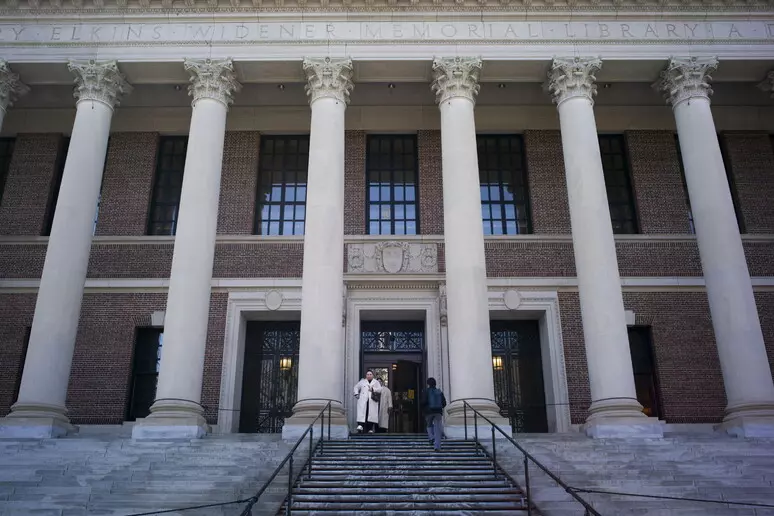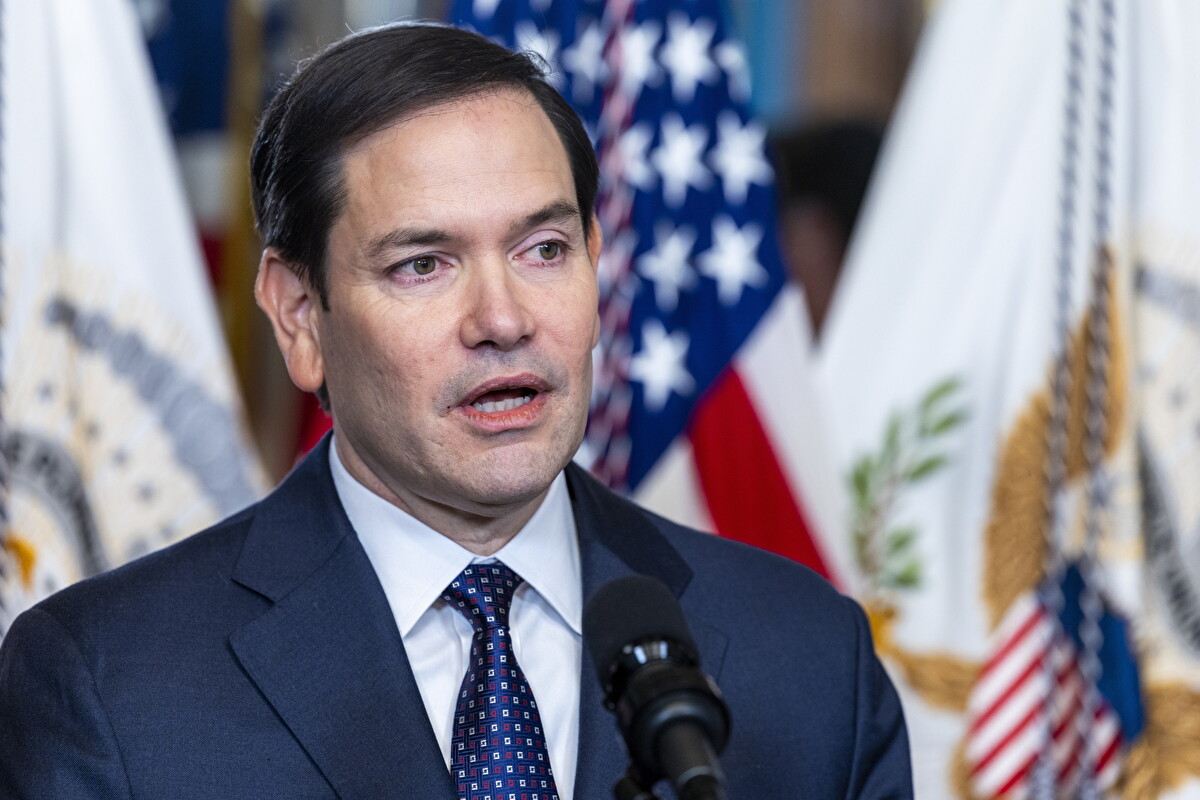On Friday, U.S. District Judge Allison Burroughs blocked the Trump administration from revoking Harvard University’s right to host international students.
The preliminary injunction also prohibits the government from blocking the university’s access to the Student and Exchange Visitor Information System, a federal database that tracks student visa applications. The administration had sought to exclude the university from the program, which allows 7,000 students and recent graduates to study and work legally in the United States.
The judge had previously blocked the federal government’s decision with a temporary restraining order. In May, Homeland Security Secretary Kristi Noem said the administration was revoking Harvard’s ability to host international students because it had found an unsafe, hostile environment for Jewish students on campus. The Trump administration also accused the university of failing to combat anti-Semitism and promoting “racist” diversity, equity, and inclusion policies.
The revocation was one of the latest moves taken by the Trump administration against Harvard after the university refused to comply with a series of requests made by the government task force set up to combat anti-Semitism on various campuses. In April, the task force announced that it would cut more than $2 billion in grants after the Ivy League university rejected its requests.
Harvard officials denied the government’s allegations, calling its actions “illegal and unjustified.”
Trump then issued a separate order earlier this month, barring most international students from entering the United States to study at Harvard. Burroughs blocked the initiative two weeks ago. In response to Friday’s ruling, a university spokesperson said: “The Court order allows Harvard to continue enrolling international students and scholars while the case moves forward. Harvard will continue to defend its rights—and the rights of its students and scholars.”
In response, DHS Assistant Secretary Tricia McLaughlin said Burroughs’ ruling is “in direct conflict with the President’s constitutionally vested powers under Article II and those granted by federal law.” She added, “It is a privilege, not a right, for universities to enroll foreign students and benefit from their higher tuition payments.”
Strangely enough, Trump himself was much more diplomatic, stating on Truth a few minutes after the judge’s decision that his administration has been “working closely with Harvard, and it is very possible that a Deal will be announced over the next week or so.” “They have acted extremely appropriately during these negotiations, and appear to be committed to doing what is right,” the president explained. “If a Settlement is made on the basis that is currently being discussed, it will be “mindbogglingly” HISTORIC, and very good for our Country.”












